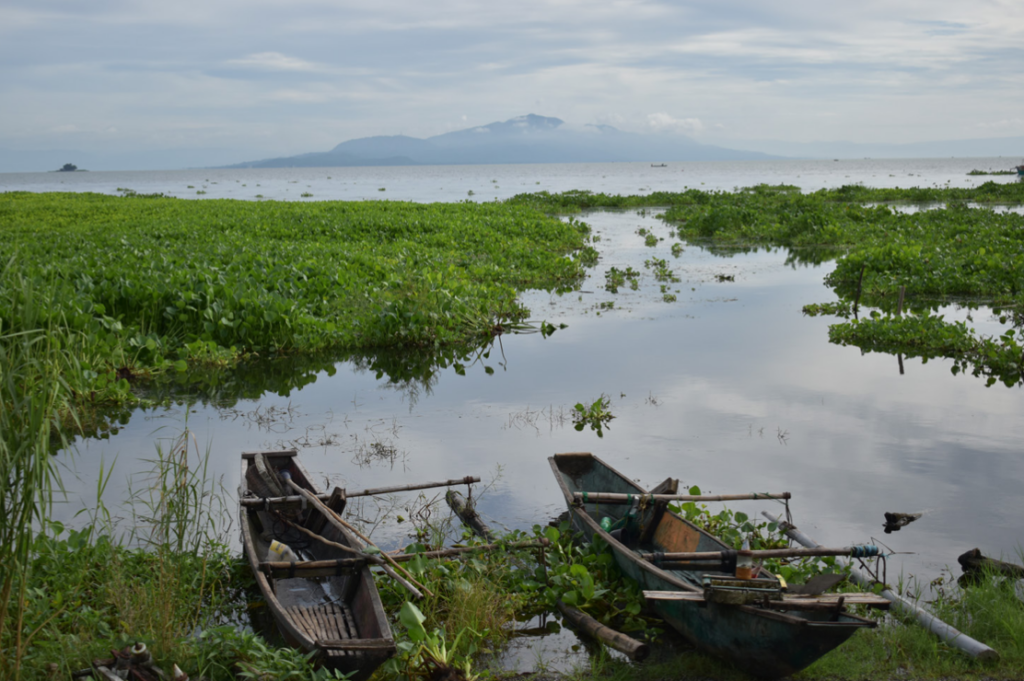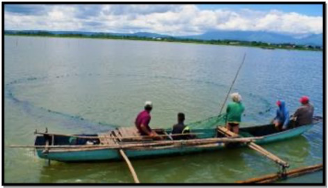
The issues faced by Laguna Lake require a multi-sectoral and multi-agency collaboration. The efforts should consider sustainability concerns by taking into account the lake’s carrying capacity. The R&D and policy agenda identified based on the analysis of the issues are enumerated:
- Aquaculture Production
- Development of strategies and mechanisms for the determination of the volume of production of aquaculture species, particularly milkfish, tilapia, and bighead carp
- Recommendations on stocking rate density for aquaculture species depending on specific water qualities and primary productivity in different areas of the lake
- Determination and advocacy of institutional arrangements among concerned agencies for data management, particularly pertaining to maintenance of databases for aquastructures and fish production, as well as analysis of data
- Carrying Capacity
- Determination of the carrying capacity of the lake for aquaculture, including analysis of lake dynamics. Validationof the carrying capacity based on the NPP is needed. The various aspects of carrying capacity should be considered, including physical, ecological, production, and social capacities
- Review of the applicability of the Fisheries Code recommendation on 10% surface area as well as reexamination of the validity of other recommendations (such as LLDA ZOMAP) for aquaculture
- Primary Productivity Studies
- Determination of the effect of nutrient loading on lake dynamics
- Productivity impact of aquaculture in the lake
- Water Quality
- Clarification, verification, and standardization of water quality assessment protocols specific for Laguna Lake to minimize disparity of results from water tests among interested groups
- Advocacy for the need to conduct periodic water quality assessment by independent groups for unbiased assessments of fish pens and cages to withstand strong typhoons and minimize loses
- Aquaculture Technologies and Practices
- Development and piloting of POTs, as may be appropriate, taking into account the gross and NPPs of specific locations. These POTs may include stocking density, feeding management, production intensity, production management, and aquastructure design
- Technology transfer and adoption studies
- Technical and economic efficiency studies of aquaculture practices in Laguna Lake
- Food Security
- Supply chain studies involving aquaculture products from Laguna Lake
- Invasive Species
- Risk management protocols for invasive species
- Food safety implications of consuming invasive species and their by-products, particularly knifefish
- Policy analysis and advocacy towards control and management and/or eradication of invasive species
- Climate Change
- Socio-economic studies related to climate change impacts in Laguna Lake
- Climate change impacts on lake dynamics
- Impact of climate change (e.g., increasing water temperature) on primary productivity


